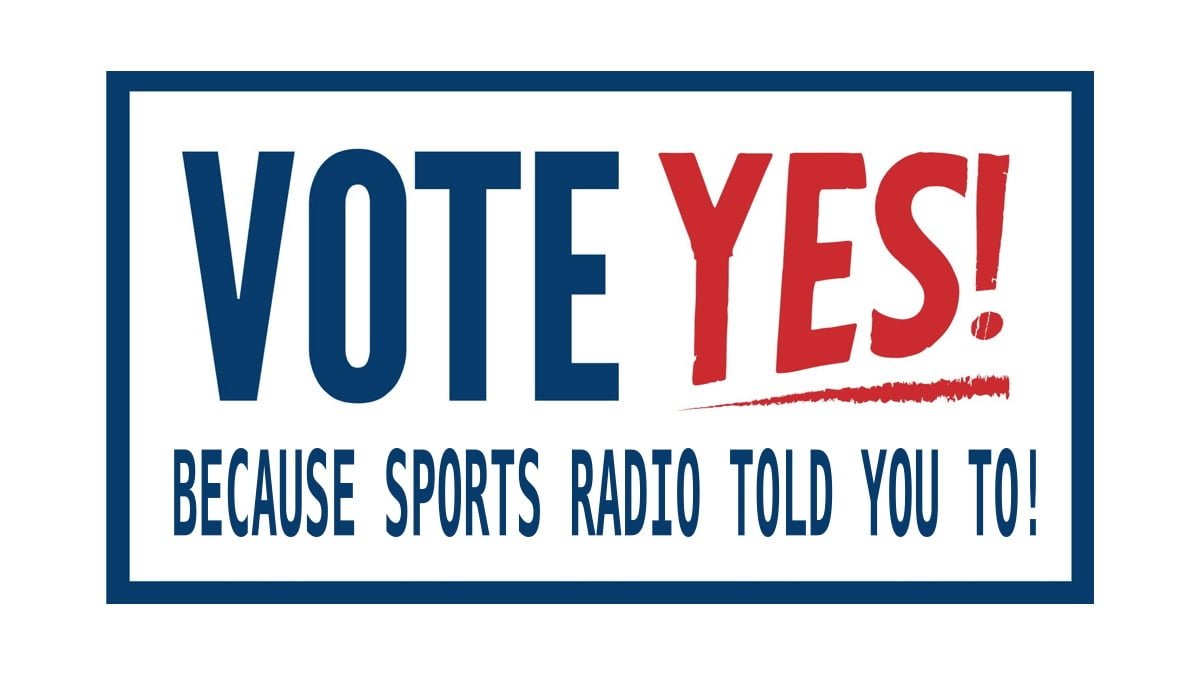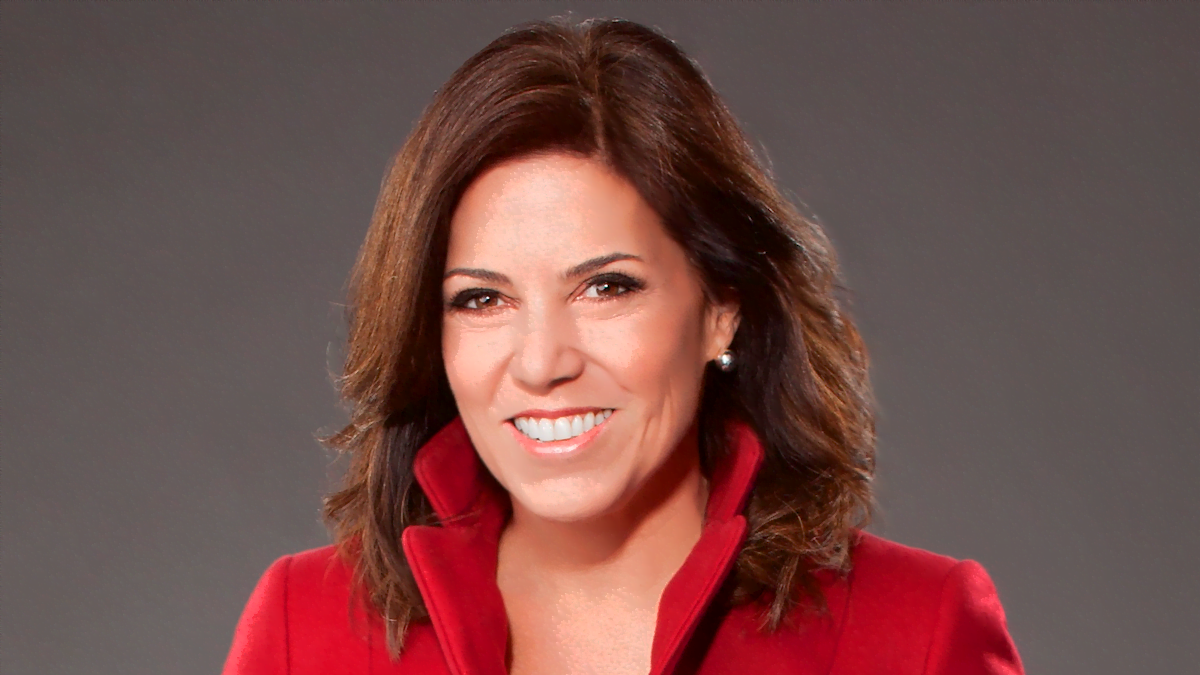There are a group of states in this country that will not follow the trend. Politicians can site sin or moral decay or lack of oversight. The result is all the same. Their states aren’t likely to legalize sports gambling.
Hawaii and Oklahoma are among them.
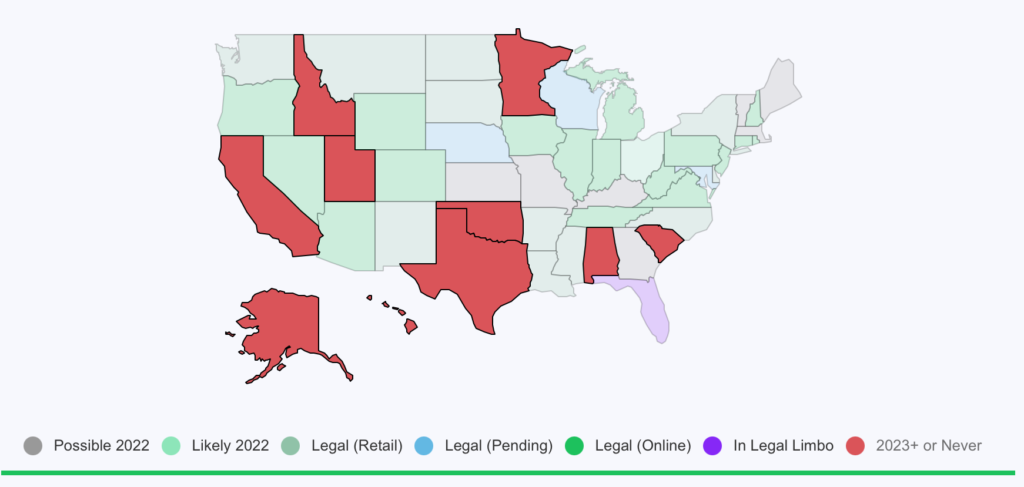
Florida sits all alone. It legalized sports betting through a deal with the Seminole Tribe only to have a federal judge strike the deal down. It makes the Sunshine State the only one to legalize and then immediately outlaw gambling since the PAPSA Ruling in May of 2018.
Hawaii and Oklahoma may eventually legalize betting. It seems unlikely. Florida may find a way back to taking wagers. It seems complicated.
I asked programmers in these states what their station’s relationship with gambling is right now and what it could be. After all, legal or not, plenty of people are still placing bets on games. That can take a lot of forms, some safer than others, but at the end of the day, it is all money that states could be taxing and using to make much-needed infrastructure improvements.
Scott Harris is the program director of FM 96.9 The Game in Orlando. For his hosts, talking gambling was nothing new. It also isn’t a discussion that he has asked them to limit to odds and totals.
“Some of our shows have talked sports gambling/lines/odds for years so it was already part of our dialogue and we certainly are staying on top of where this story goes in regards to Florida,” Harris told me.
In Oklahoma, Jeremie Poplin is trying to push the issue. Whether Oklahoma comes around and turns the key on sports betting next week, next year or next decade, he and his staff at the recently launched The Blitz 1170 in Tulsa are ready to educate and profit.
“We have added specific guests and added gambling centric shows to the lineup already in anticipation of this becoming a reality in Oklahoma at some point,” Poplin says. “There is revenue already attached to the shows as we lay the groundwork for the future.”
Poplin isn’t going to wait on the state to make a move. He is careful to note that when betting is discussed on the Blitz, it comes with the caveat that the station doesn’t really know when the information can legally be put to use.
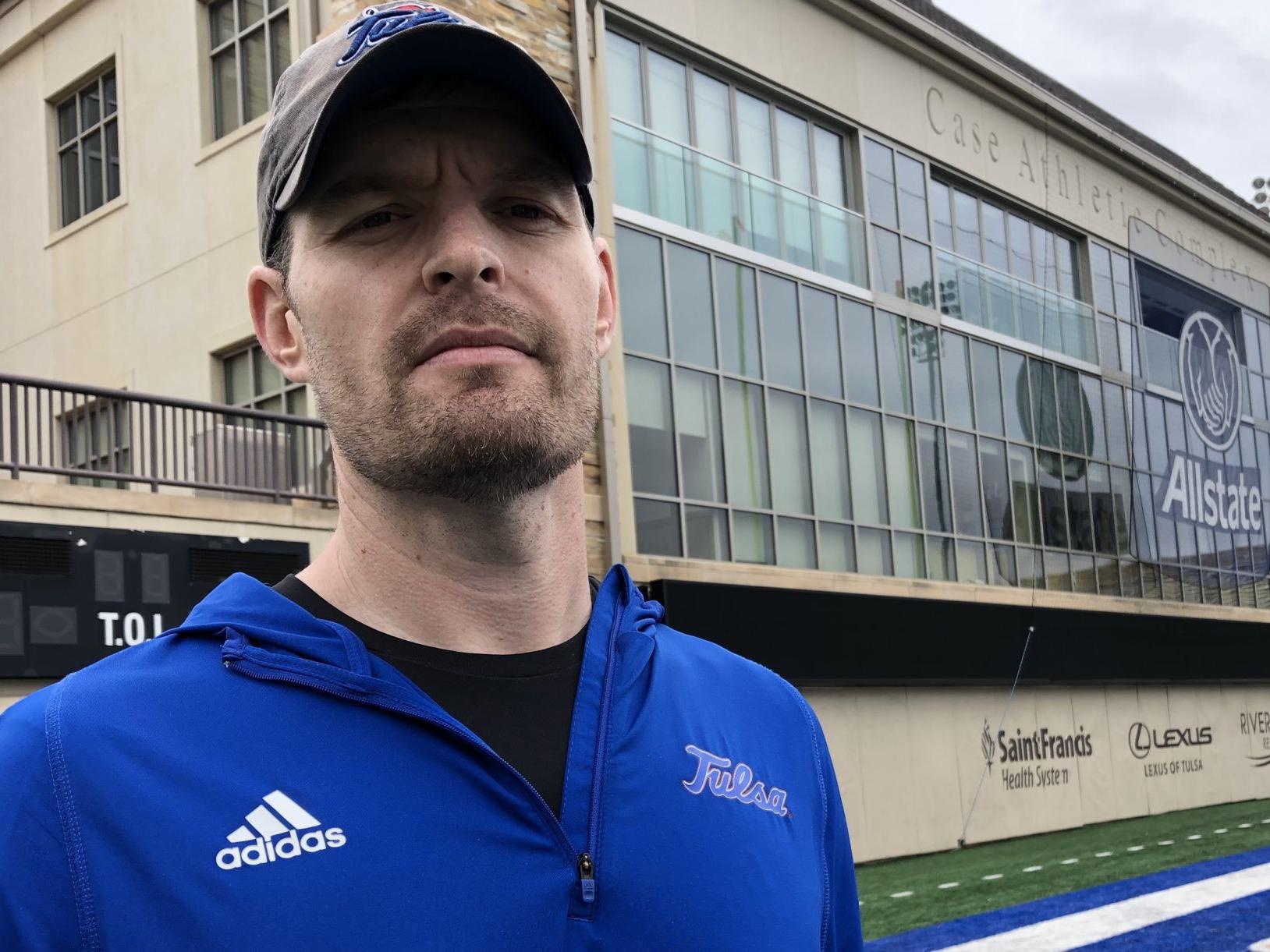
“We are talking about it from a variety of different angles to make sure we cover multiple aspects and will be focusing on it even more after the new year. We are being open and honest with our audience about how the landscape has changed across the nation and how it COULD be changing in Oklahoma soon. We have tried not to put any type of time frame on when it could be happening in Oklahoma.”
So here we are at the end of 2021. It’s not just that people are gambling anyway in places where betting on sports isn’t legal. Radio stations are giving picks and advice that listeners aren’t supposed to be using and almost certainly are.
Forget avoiding gambling talk. The “for entertainment purposes only” disclaimer has almost disappeared. We’re openly talking about gambling openly, even in places you technically aren’t allowed to lay money down. Should sports radio go a step further?
Legalized vice always comes with a windfall. Just look at Colorado. The state benefitted from legalizing and taxing canabis. Now it is doing the same with gambling. That has been good for sports radio stations in the state. The United States is a democracy built on lobbying. Shouldn’t we be lobbying our state legislatures and using our influence to advance the cause of legalized gambling and thus our own financial interests?
“Local radio has discussed the possibility of legalized sports gambling in Hawaii for years,” ESPN Honolulu programmer Josh Pacheco told me in an email. “It helps that a lot of local people go to Las Vegas, affectionately known as ‘The Ninth Island’ and gamble and have a great time. It’s tricky to advocate for it though, because the signs are clear that it isn’t going to happen.
“Just within the last year, the Department of Hawaiian Home Lands, in trying to find new ways to bring in revenue to create homes/lands for Native Hawaiians on its wait list, proposed legalized gambling at ONE location on the island of Oahu. It was met with a lot of resistance, with lawmakers and opponents citing negative social impacts and the potential for increased crime. The proposal was tabled and hasn’t moved since.”
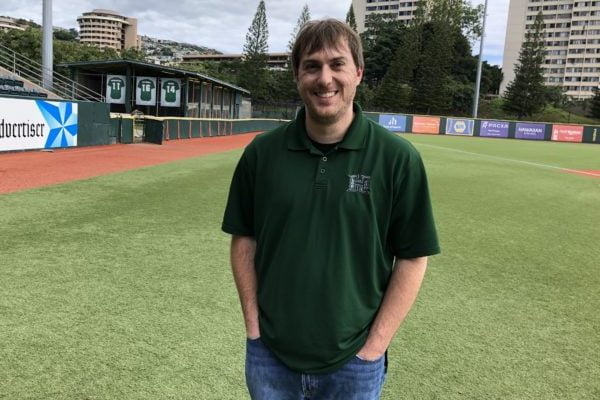
Jeremie Poplin definitely understands the power sports radio can have in trying to change minds in Oklahoma. He says that stations across the state seem to know that sports betting wouldn’t just be good for radio. It would be good for generating revenue to make all sorts of improvements within the state.
He points out that it isn’t as easy as the media speaking as one or influencing conversations about gambling. That doesn’t mean he is entirely pessimistic about being able to make an impact in some way.
“The political lanscape in this state is a tricky one right now,” Poplin told me. “Our governor and the tribes are not seeing eye to eye on a variety of issues, including a decision over sovereignty issued by the Supreme Court. What seemed like an easy path to gambling a couple of years ago, now seems way down the road. If we band together in our messaging that included Tribal leadership as well, that might start to move the needle.”
Scott Harris isn’t ready to make a stand. To be fair, he says that is because he doesn’t think he, his staff, or the sports media industry has to. Floridians had a taste of sports gambling. It will be hard to put that toothpaste back in the tube.
“I think those entities are aware of the consumer market. We focus on the relevant news of these stories and know sports gambling is here to stay and at some point Florida will figure it all out. What we are also focused on is the revenue to be generated from the category and expect our state to be among the most popular for sports wagering with the major players aggressively marketing their services.”
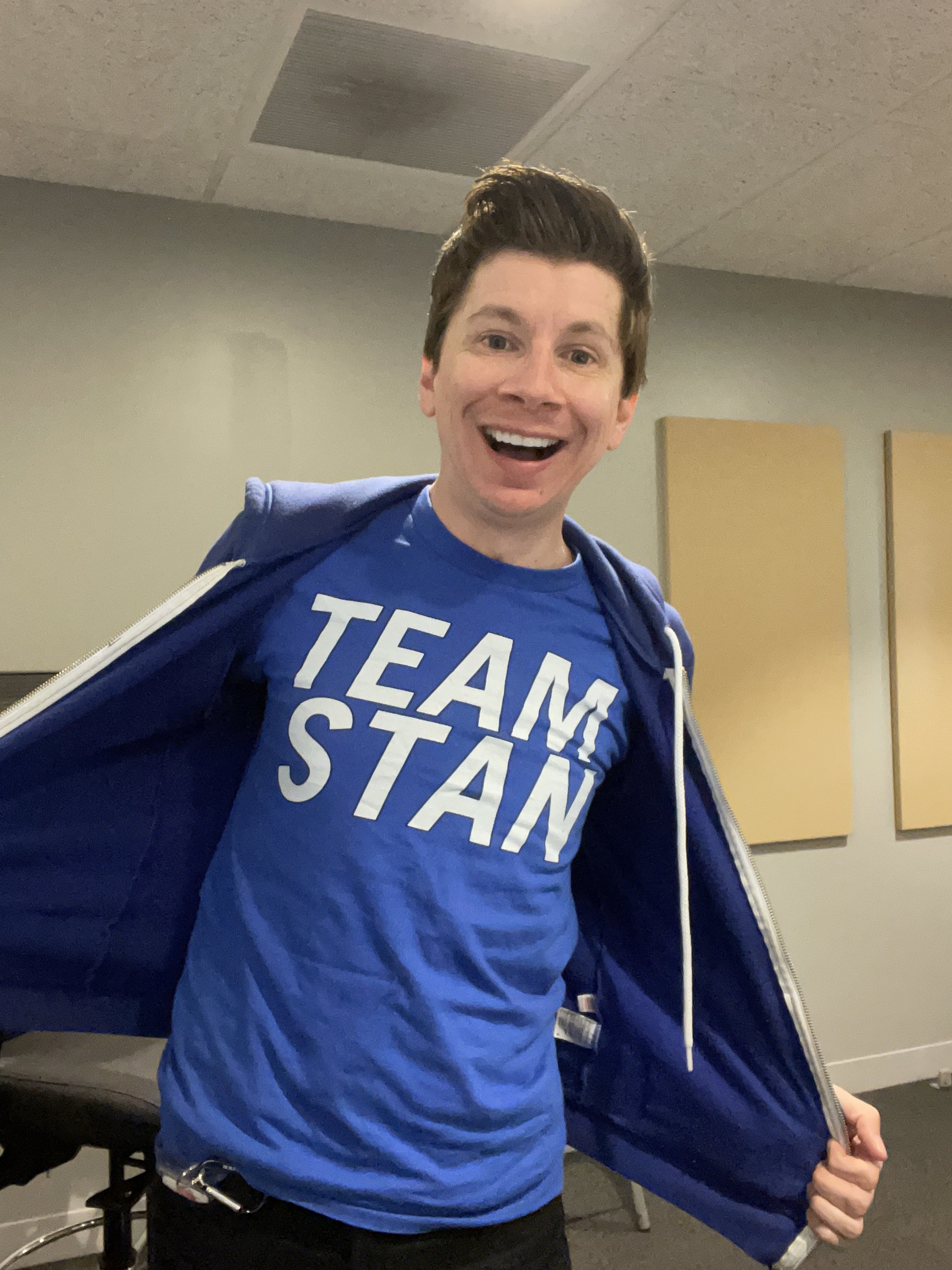
I don’t think any of these legislatures are naieve. Surely they know people are gambling whether it is legal or not. Now, it has become about not wanting to be labeled a flip-flopper or soft.
Whether it is a formal movement or not, it is up to sports radio professionals to keep pushing the cause forward. It doesn’t matter if you personally are a gambler. Sportsbooks are spending a lot of money on sports radio. Advocating for legalization is advocating for yourself and your colleagues.

Demetri Ravanos is a columnist and features writer for Barrett Media. He is also the creator of The Sports Podcast Festival, and a previous host on the Chewing Clock and Media Noise podcasts. He occasionally fills in on stations across the Carolinas in addition to hosting Panthers and College Football podcasts. His radio resume includes stops at WAVH and WZEW in Mobile, AL, WBPT in Birmingham, AL and WBBB, WPTK and WDNC in Raleigh, NC.
You can find him on Twitter @DemetriRavanos or reach him by email at DemetriTheGreek@gmail.com.




